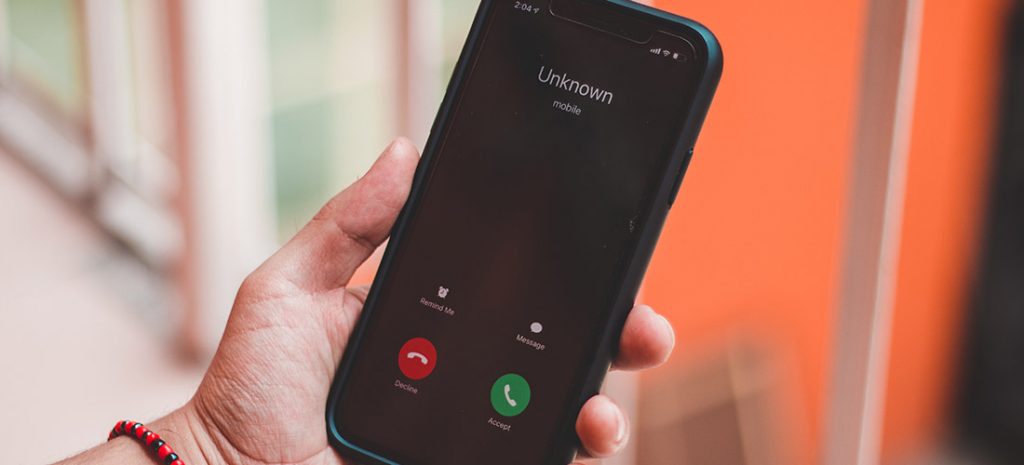Ofcom has warned mobile phone users to remain vigilant after a significant rise in the number of people falling victim to a premium rate call scam.
In recent weeks, the communications regulator has investigated a spate of cases where consumers have been faced with the daunting prospect of paying grossly inflated phone bills- in some cases hundreds of pounds- as fraudsters continue to target mobile phone users and operators.
What is the scam?
Known in the industry as Wangiri fraud or the ‘missed call scam’, the fraudsters use automated systems to continuously dial multiple mobile numbers; in some cases up to 3,100 numbers a minute. These ghost-calls often last less than a second, and then appear on the user’s handset as a missed call. However, should the recipient return the call, they will find themselves being charged a hefty fee.
Recent reports in the Telegraph and the Daily Mail indicate that there are multiple variations of this particular scam, whereby some end-users are played a recording to keep them on the line whilst others are placed on hold; scarily, there have even been reports of customers being charged for a 12 hour premium rate conversation having rejected the initial call. With some users not even realising they have been victims to the scam until they check their phone bill at the end of the month, frauds like this often run the risk of going undetected.
Impact of Fraud
According to the Fraud & Technology Wire, Wangiri fraud amounted to $2 billion worth of losses globally in 2014. With criminal gangs beginning to target users in countries like India, America and now the UK, that figure is likely to be considerably higher this year.
Despite the increased focus on security and protection (both cyber and real world) in recent years, fraud still has a dramatic impact on day-to-day business life. The Association of Certified Fraud Examiners (ACFE) reports that the typical organisation loses 5% of revenue to fraud each year- a staggering global loss of $3.7 trillion- with mobile and fixed-line communications operators contributing $46 billion of that, according to the Communications Fraud Control Association (CFCA).
Frauds of this type are not only having a serious detrimental effect on individual mobile phone users, but also network operators and the mobile industry as a whole.
What is the industry doing?
There are several safeguards in place to prevent Wangiri fraud, including network operators blocking premium rate numbers (e.g. those beginning in 0845) from accessing a handset. However, with criminal organisations now resorting to buying data on the black market and accessing a device using VoIP telephone numbers- which are essentially premium rate lines disguised as personal mobile numbers beginning in 070- it is vital that more people are made aware of frauds of this type and what they can do to prevent themselves becoming victims.
Tips on how to protect yourself against Wangiri Fraud:
- If you receive a call from an unrecognisable number, think twice before calling back.
- Be aware of hidden costs when responding to calls or SMS texts from numbers beginning with 070/076, 084/087, 090/091 or 118.
- To prevent making accidental or inadvertent calls, remove any suspicious numbers from a call log.
- Bar international and premium rate numbers.
- Report any instances of fraud to a mobile network operator, and either ActionFraud UK (www.actionfraud.police.uk) or Ofcom’s premium rate number regulator PayPhonePlus (www.phonepayplus.org.uk ).


